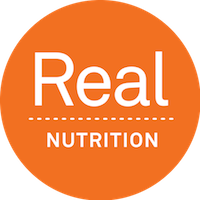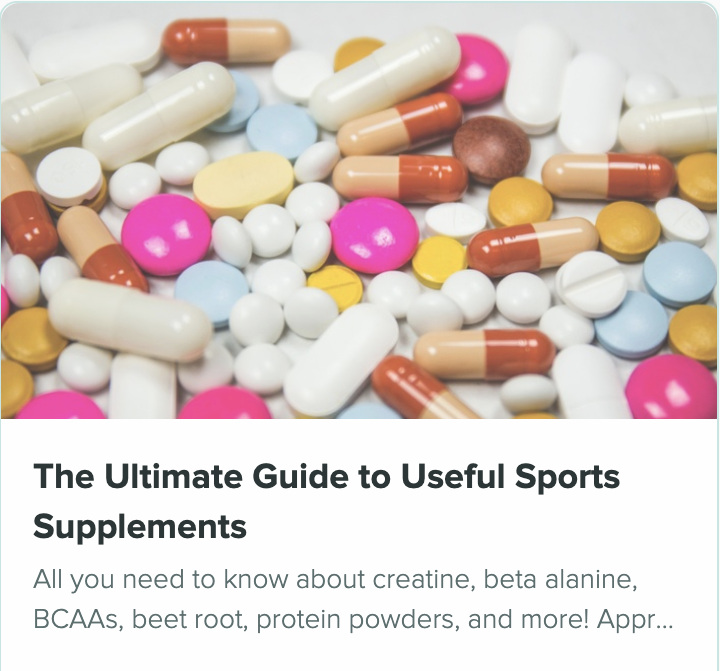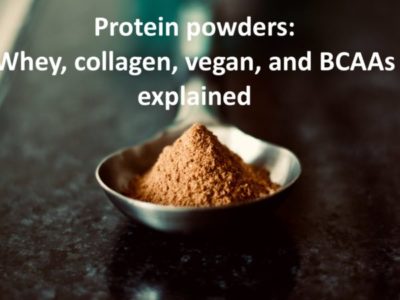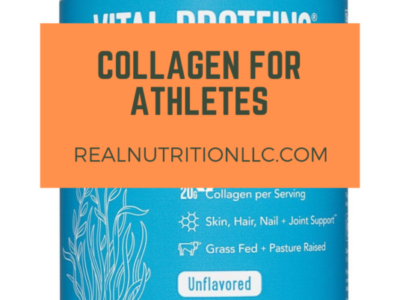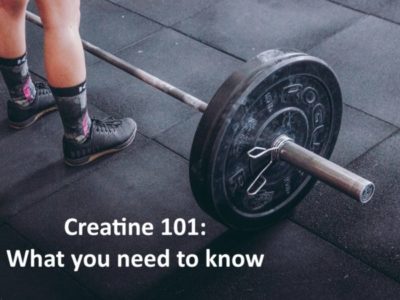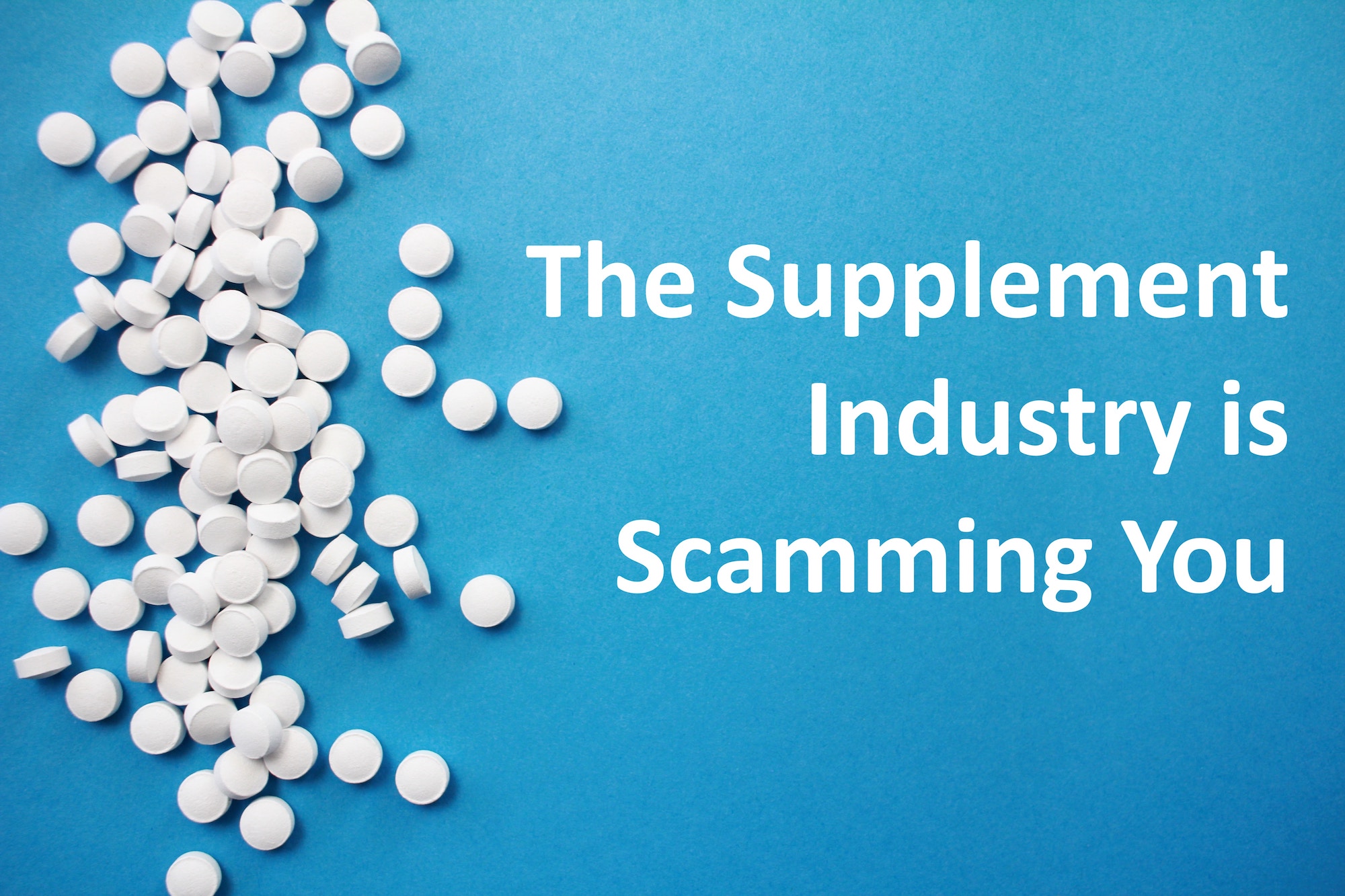
Author’s note: For the purposes of this article, “supplements” refer to powders, shakes, oils, pills, herbal preparations, etc. marketed for a specific health or performance purpose, rather than to micronutrients (vitamins and minerals).
Anecdotes: A case against supplements
Sarah* rode to my office in a taxi, which was rare in the suburbs. Too frail to drive on her own, she relied on medical transports to attend her many appointments for numerous health conditions. Referred to me by her nephrologist, I was to help with her diet.
As with all patients, I asked about her medications. “Well,” she explained in a halting voice, “I went to a chiropractor and she told me to take a bunch of supplements and stop taking my regular medication.” Concerned, I asked what the chiropractor, who had no business stopping or prescribing medication for someone with kidney disease, had recommended. She produced a long list of supplements, most of them redundant and none of them legitimate.
Nancy* winced every time she tried to stand up or walk, and badly needed a hip replacement. She couldn’t even go from sitting to standing without someone helping her up. In obvious pain, she grimaced, “But I’m just going to try these herbal supplements for a few months first to see if they help.”
They didn’t. Herbal supplements can’t cure damaged joints.
Steve* came into my office wanting help with athletic performance. He was spending a combined $328 per month on ten separate supplements. Most of them questionable, many of them redundant. He had been told by the local “nutrition” store to take all of them.
We eliminated seven of them. He saved over $3000 per year.
Jennifer* texted me, “Can you please help me find an alternative to the Isagenix shakes I have been using? They are getting expensive!”
“Have you considered food?” I texted back.
A Facebook thread revealed a mom who “cured” her child of strep throat by using essential oils. Except most oils shouldn’t be ingested, and strep throat symptoms can resolve on their own, lulling someone into thinking it is cured. The hidden danger lies in the untreated bacteria that can cause kidney damage and rheumatic fever. But the deep bias from this mother against “Big Pharma” was strong, she didn’t heed the warnings laid out by others on the thread. To her, antibiotics were evil and essential oils were sacred.
These are powerful anecdotes of supplement use gone awry. But in the world of science, anecdotes are weak. We need facts.
Here you go.
Facts: A case against supplements
Along with “Big Pharma,” there is a very real “Big Supplement.”
The supplement industry is a $38.8 billion dollar industry.** With scant regulation, companies are unfettered, unchecked. Health claims abound.
These health claims are often extreme and convincing. They use false hope, fearmongering, and outright lies to get your money.
Supplements are not supposed to make health claims about treating, diagnosing, preventing, or curing disease. Yet in one study, 55% did. Out of 443 websites, 81% made health claims.
In one study, 75% of the labels didn’t have key warnings regarding safety or medication interactions. “Natural” does not mean it is safe.
Did you know that what is on the label isn’t necessarily what is in the bottle? The supplement company doesn’t have to report correct ingredients or amounts.
Steroids, hormones, prohormones, ephedra, arsenic, lead, mercury, melamine, and toxic doses of vitamins have been found when third-party tested. Read that again.
Questionable marketing: A case against supplements
Advocare, a multi-level marketing (MLM) supplement company with aggressive sales tactics, has penetrated into the highest levels of sports. Promoting its products to pro athletes—and getting pro athletes to pedal Advocare’s wares for them–even though its products are not superior to others you can find for sale basically anywhere.
An Advocare product even lead to an accidental doping which banned swimmer Jessica Hardy from competing in the Beijing 2008 Olympics.
Oh, and it just got fined $150 million by the FTC for running a pyramid scheme. So, there’s that.
Herbalife, another MLM company, has liver failure and deaths linked to people using its products, which reportedly contain heavy metals, bacterial contamination, and psychotropic substances. Psychotropic substances, people!
A report by the International Olympic Committee shows that only about five supplements actually have enough evidence to recommend as safe and effective for athletic performance.
There are 85,000 supplements marketed in the United States. This is a staggering number of supplements available for purchase, especially considering how little evidence there is to support most of them.
Yet if you read any ad copy by any supplement company, you’ll find glowing testimonials. Life-changing events. Magical cures. “My cancer is gone!” “I lost 50 pounds!” “No doctor could help me, but these supplements sure did!”
You’ll even find duplicity in the marketing, such as Arbonne’s clever diet shake line. “We help you eat right and have a sustainable lifestyle. Also, here are these shakes you need to purchase indefinitely.”
I’ve seen whole lines of products meant to be taken together (Pre-workout! During workout! Post-workout!) that have duplicate ingredients in each product. These are marketed in such a way that you think you need to take each one, but if you look a little closer at the label, they often share ingredients. There’s only so much caffeine and creatine that a body needs.
High doses of vitamins and minerals, which are common in supplements (especially if you take more than one), also are problematic. Too much vitamin C can cause gastrointestinal disturbances. An excess of vitamin B6 may contribute to skin lesions and neuropathy. High doses of vitamin D may lead to nausea and kidney damage and is associated with increased risk of cancer.
Your daily multivitamin for “insurance” could be doing you more harm than good.
The branched-chain amino acid products (BCAAs) have the slickest marketing of them all. “Take BCAAs! They have been shown to help with muscle growth and recovery!” Which is true, except you can easily get these BCAAs from common foods like milk, eggs, and chicken for a fraction of the price.
And with all its lurking danger, supplement sales continue. Despite the lack of robust regulation, questionable marketing practices, dubious health claims, liver failures, accidental dopings, and even deaths.
The twisted irony that those seeking health may find exactly the opposite in these products. Legitimate medications and healthful foods have been rejected and scorned, while supplements reign supreme in the minds of many. They refuse to eat a perfectly wholesome piece of bread (But… gluten! Carbs!) but willingly swallow highly processed powders and pills with who-knows-what-is-in-them. Literally, the ingredients are unknown unless a third-party lab tests them. Remember, you can’t trust what’s on the label.
To be clear, there are some useful and legitimate supplements, as well as reputable supplement companies. However, even these well-studied supplements need to be taken carefully and under proper medical care. With the case of vitamins and minerals, most people taking them do not need to do so. If you suspect or have a know vitamin or mineral deficiency, taking the correct dose for the correct duration and the right form is important. Do this under the supervision of a doctor and dietitian.
For the sake of your wallet and your health, please be cautious when considering supplements.
Questions to ask yourself: A case for saving your money and your health
Before purchasing a supplement, ask yourself these questions:
- Where did I get my information about the supplement? Was it from a reputable, knowledgeable source? Was my source free of conflict-of-interest (hint: your source does not sell the supplement in question)?
- What do I expect the supplement to do for me? Is there good research to back up the claims?
- Are there any negative health effects or side effects?
- Does this supplement interact with any other supplements or medications I am already taking?
- Do I understand the right dose and timing protocol to make sure I take it correctly?
- Can the health or performance benefit I are seeking be met another way, such as an adequate diet, better sleep, physical therapy, or medication?
- Does the supplement fit my budget? Could I spend my money a more effective way, such as buying quality food or implementing an exercise program?
*Names have been changed to protect identity
**This figure includes micronutrients.
Check out our on-demand course on supplements for athletes.
Check out our amazing nutrition resources, including on-demand courses, free downloads, and webinar replays.
- Nutrition for Climbers
- The Ultimate Guide to Useful Sports Supplements
- Ditch Diets and Become an Intuitive Eater
And be sure to follow us on Instagram!
Book an appointment with the dietitian
~This is general information only and not intended to be advice. Always check with your healthcare provider before undergoing any diet or lifestyle change.
REFERENCES
https://www.cbsnews.com/news/advocare-fined-150-million-as-ftc-calls-it-a-pyramid-scheme/
Mathews, Neilson. (2017). Prohibited contaminants in dietary supplements. Sports Health, 10:1.
Maughan RJ, Burke LM, Dvorak J, Larson-Meyer DE, Peeling P, Phillips SM, Rawson ES…Engebretsen L. (2018). IOC consensus statement: dietary supplements and the high-performance athlete. British Journal of Sports Medicine, (52)7:439-455
Maughan RJ, Shirreffs, SM, Vernec, A. (2018). Making decisions about supplement use. International Journal of Sports Nutrition and Exercise Metabolism, 28:212-219.
Philips CA, Augustine P, Rajesh S, John SK, Valiathan GC, Mathew J, Phalke S, Antohy KL. (2019) Slimming to the death: Herbalife-Ò associated fatal acute liver failure-heavy metals, toxic compounds, bacterial contaminants and psychotropic agents in products sold in India. J Clin Exp Hepatol, 9(2):268-272.
